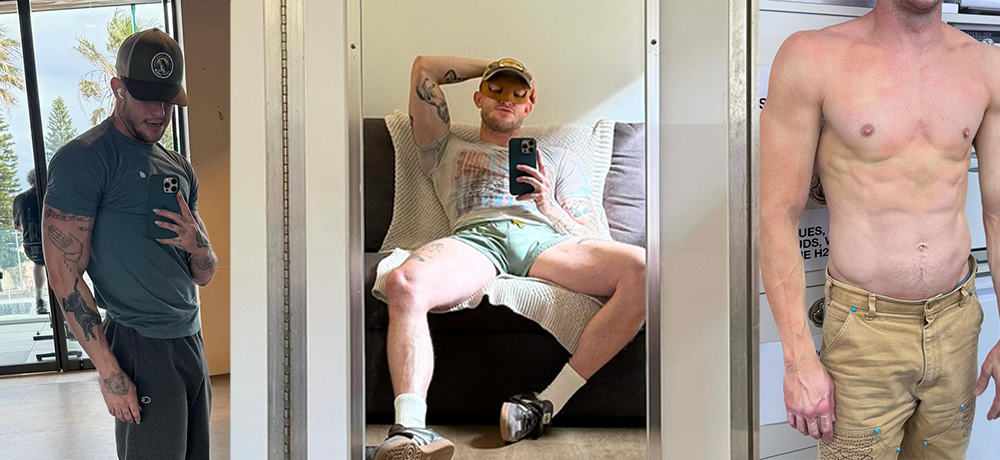
Govt to look at Sex Files
Federal Attorney-General Robert McClelland will establish a working group to respond to recommendations made in the Australian Human Rights Commission’s Sex Files report on sex and gender diverse Australians.
The announcement was made by parliamentary secretary for social inclusion Senator Ursula Stephens via video link-up at the recent Health in Difference conference in Sydney.
National LGBT Health Alliance executive director Gabi Rosenstreich applauded the move and called for a nationally consistent approach to dealing with issues affecting the transgender community.
“We hope that there will now be speedy and full implementation of the recommendations in Sex Files, including further involvement of sex and gender diverse people at all stages,” she said.
A Gender Agenda spokesman Peter Hyndal said current laws which require a surgical change of sex to recognise gender are at odds with international human rights principles.
Rosenstreich said the states and territories have inconsistent laws but all require surgical intervention to change sex.
“Not all those affirming their identity can have or want to have surgery … the current situation leaves many people with inconsistent documentation, making them vulnerable to discrimination,” she said.
The announcement was also welcomed by Western Australian Gender Project chair Aram Hosie and TransGender Victoria spokeswoman Sally Goldner.










Surgery requirement means sterilisation. As has been made clear in several cases where non-sterilising surgeries weren’t considered good enough because the people could still reproduce.
And with the Australian discover of genetic aspects to transsexuals thats a Eugenics policy. A coercive genocide policy in fact even if never intended as such.
It’s also vital in this to include the issues of Intersex people who are far too often forgotten and misstreated and who have an equal claim on documentation reform.
Also the antidiscrimination coverage of Bi-genders, Genderqueers, Crossdressers etc is inconsistent from state to state with some states protecting only transsexuals from discrimination.
With 1 in 60 people possibly Intersex, 1 in 500 possibly Transsexual and with 2%-10% of males regular crossdressers and who knows what the stats may be for the rest of Sex and Gender Diversity this is an issue that potentially effects a very significant number of Australians.